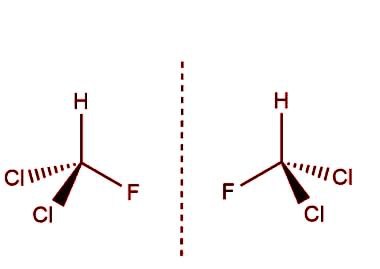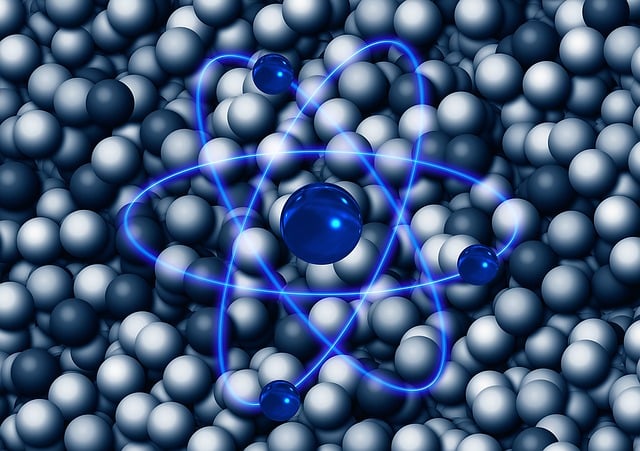Polystyrene
Polystyrene is a synthetic polymer made from a monomer named styrene, which is derived from liquid petroleum. It is a thermoplastic polymer, meaning it softens and melts when heated and can be reused. Polystyrene can be either a hard, solid plastic or foam, depending on the temperature. Its chemical structure gives it unique physical and mechanical properties, such as transparency, rigidity, and lightweight.
Structure of Polystyrene
Polystyrene is a transparent, glass-like substance made by polymerizing phenylethene (styrene) using benzoyl peroxide as an initiator. The molecular weight of polystyrene can vary from a few thousand to several hundred thousand, depending on the production process. Polystyrene is a thermoset plastic made from the monomer styrene.
Uses of Polystyrene
Here are some of the uses of polystyrene:
⇒ Food packaging: Polystyrene is commonly used in the food packaging industry to make rigid trays, containers, disposable eating plates, bowls, etc.
⇒ Electronics protection: Polystyrene is used in the electronics industry to make protective packaging for appliances and electronic devices.
⇒ Automotive: Polystyrene is used in the automotive industry to make knobs, energy-absorbing panels of doors, sound-reducing foam, panels of certain instruments, and special types of seats like child seats.
⇒ Appliances: Polystyrene is used to make housing parts and other parts of everyday appliances.
⇒ Medical industry: High Impact Polystyrene is used in the medical industry to make trays for medical instruments and other medical equipment.
⇒ Insulation: Expanded polystyrene (EPS) foam is used as insulation material in buildings and refrigeration systems due to its thermal insulation properties.
⇒ Toys and models: Polystyrene foam is used to make models, sliders, and even surfboards due to its positive strength to weight ratio. It is also used in children's seats and cycling helmets due to its strength and shock-absorbing properties.
⇒ Other uses: Polystyrene is used to make small jars, bottle caps, polystyrene cups, and storage containers. It is also used to make audio cassettes and as an alternative material for phonograph records.
Properties of Polystyrene
Chemical Safety Facts of Polystyrene
Polystyrene is insoluble in water. In general, polystyrene is considered safe for use in food packaging by regulatory agencies such as the U.S. Food and Drug Administration. However, it is important to note that styrene, the monomer used to make polystyrene, is classified as a possible human carcinogen by the International Agency for Research on Cancer. Therefore, prolonged and repeated exposure to styrene may pose a health hazard. It is recommended to follow proper safety precautions when handling and using polystyrene products.
In summary, polystyrene is a widely used synthetic polymer that can be either a hard, solid plastic or foam. Its chemical structure gives it unique physical and mechanical properties, and it can be used to make a wide range of products, including packaging materials, toys, insulation, and gardening pots and equipment. While polystyrene is generally considered safe for use in food packaging, prolonged and repeated exposure to the monomer used to make it may pose a health hazard.
Frequently Asked Questions – FAQs
⇒ What is polystyrene?
Polystyrene is a rigid, strong synthetic resin that is widely used in various applications. It is produced by the polymerization of styrene, a liquid petroleum product.
⇒ What is the structure of polystyrene?
Polystyrene has a linear polymer structure, consisting of styrene monomers joined together by covalent bonds. The repeating unit in polystyrene is (-CH2-CH(C6H5)-)n, where n is the number of repeating units.
⇒ What are the properties of polystyrene?
Polystyrene is a solid at ambient temperature, but it flows when heated above 100 °C. It is water-insoluble and has low weight and high strength, making it easy to work with.
⇒ What are the uses of polystyrene?
Polystyrene is used in various applications, including televisions, computers, and other types of IT equipment, as well as in the food-service industry for packaging, trays, containers, disposable eating utensils, and foamed cups, plates, and bowls.
⇒ Is polystyrene safe for food packaging?
Polystyrene foodservice packaging typically insulates better, keeps food fresher longer, and costs less than alternatives. However, concerns have been raised about the potential health risks associated with the leaching of styrene into food and beverages.
⇒ Is polystyrene biodegradable?
Polystyrene is non-biodegradable, except for a few exceptions.
⇒ What are the chemical safety facts associated with polystyrene?
Styrene, the monomer used to produce polystyrene, can be toxic and has been classified as a possible human carcinogen. However, the risk of exposure to styrene from polystyrene products is low. Indoor air is the principal route of exposure to styrene for the general population.
⇒ Can polystyrene be recycled?
Polystyrene can be recycled, but it is not widely recycled due to its low density and high volume. However, expanded polystyrene (EPS) can be recycled into new products such as insulation, picture frames, and crown molding.
⇒ What are the advantages of polystyrene?
Polystyrene has several advantages, including low weight, high strength, and ease of production. It is also transparent, making it ideal for applications where aesthetics are important.
⇒ What are the disadvantages of polystyrene?
Polystyrene is non-biodegradable, which poses environmental concerns. It can also be brittle and easily broken, making it less suitable for certain applications.
Let me know if you have more questions or if there is a specific topic that you would like to know more about.





If you have any doubts, please let me know